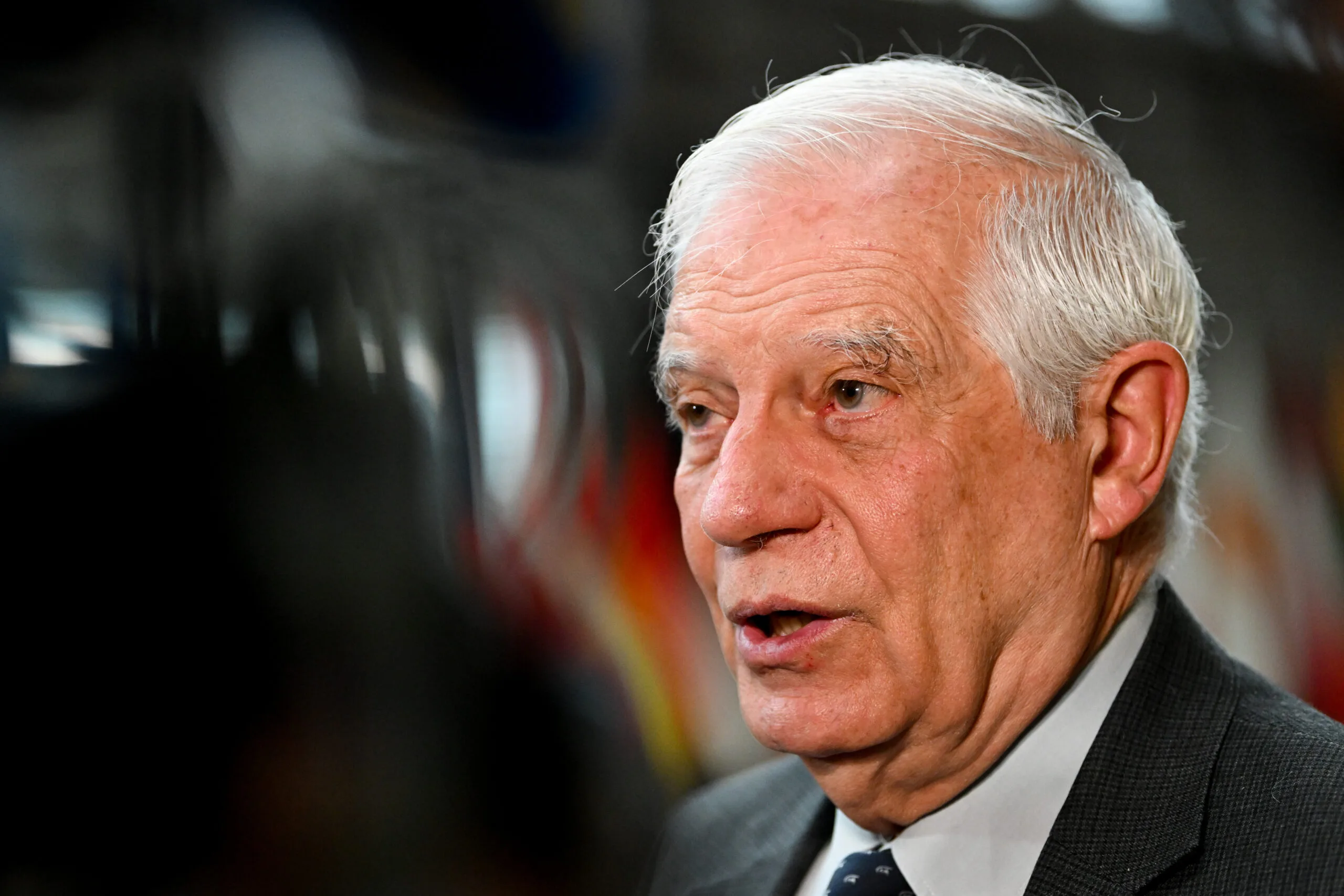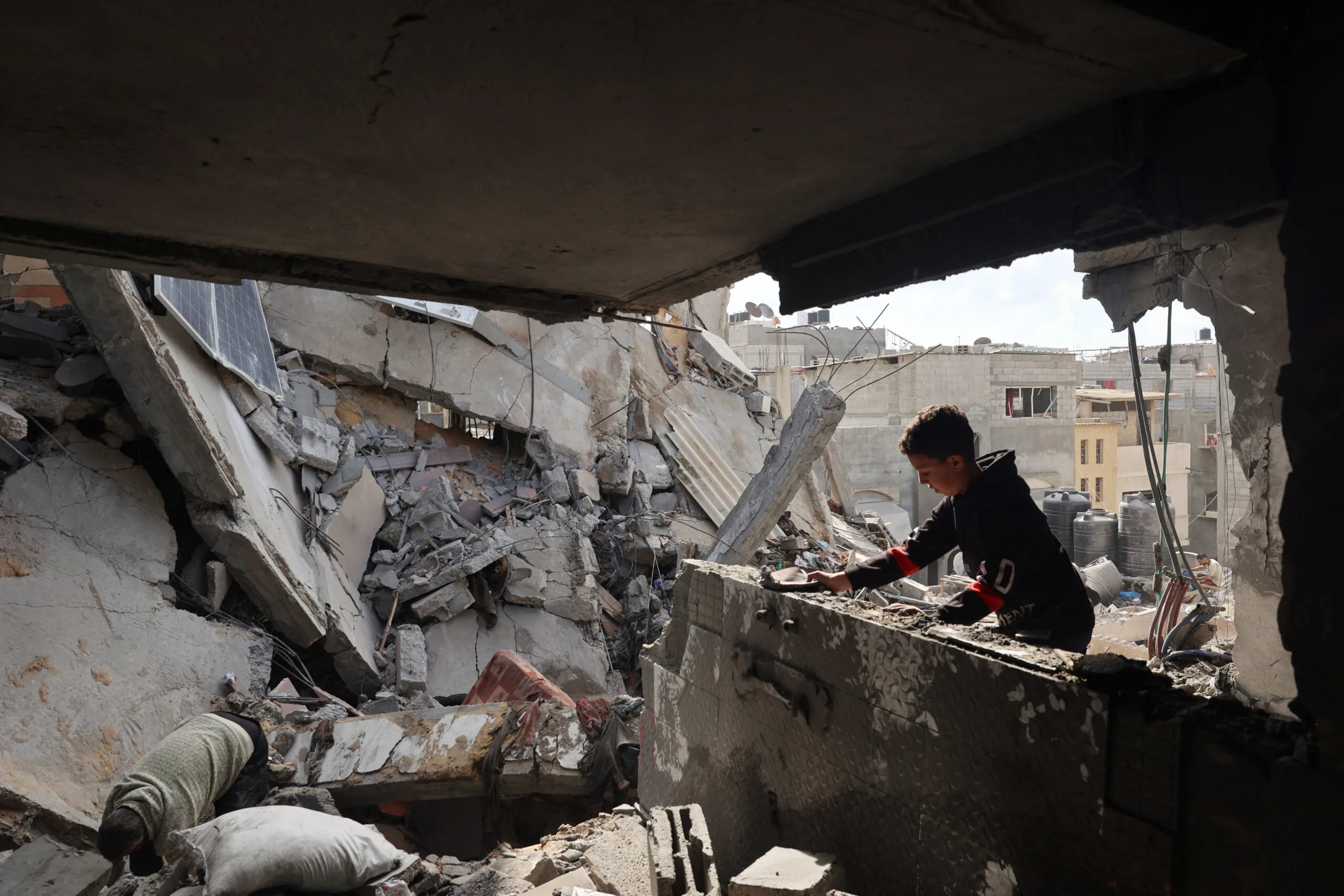Brussels – On the night of May 6-7, Israel made its first move in feared – and opposed by the international community – military operation in Rafah, a city in the south of the Gaza Strip where more than a million displaced Palestinians have taken refuge. Just as Hamas accepted a cease-fire agreement and the release of some of the hostages, which Tel Aviv, however, deemed “far from meeting Israel’s demands”.
Following the killing of four Israeli soldiers in an attack by armed Palestinian groups, the Israel Defense Forces have reportedly jointly closed the two border crossings with Egypt – Rafah and Kerem Shalom – and, according to the United Nations Office for the Coordination of Humanitarian Affairs (OCHA), were momentarily blocking the entry of aid to the civilian population. At the same time, the Associated Press reported that at least 23 Palestinians, including at least six women and five children, reportedly died in the barrage of attacks and shelling in Rafah carried out by the Israeli army overnight.

“The latest sad news is that there is no ceasefire agreement. Hamas has agreed, Israel has refused, and the ground offensive against Rafah has resumed, despite all the demands of the international community,” commented EU High Representative for Foreign Affairs, Josep Borrell, at a press point in Brussels. Although Israel has ordered the evacuation of the eastern part of Rafah to a so-called “expanded humanitarian area” in Al Mawassi, a town on the southern coast of the Strip, Borrell fears that “this will again cause many casualties, civilian casualties, whatever they say.” As the United Nations has already pointed out, “there are no safe zones in Gaza.”
Moreover, OCHA explains that the area under evacuation order includes nine sites housing displaced persons, three clinics, and six humanitarian aid distribution warehouses. “With today’s evacuation orders, 277 square kilometers or about 76 percent of the Gaza Strip is under evacuation orders,” the UN office stresses. About 1.4 million displaced people have gradually taken refuge in Rafah since Oct. 7. The last major population center not yet razed by Israeli bombardment, it has been at the center of a tug-of-war between Tel Aviv and the international community for weeks, with the United Nations and the European Union leading the way in asking Netanyahu firmly not to invade.

However, according to Israel, victory over Hamas is impossible without also taking the stronghold where thousands of fighters are allegedly hiding and where the Palestinian terrorist group is allegedly keeping over 100 hostages. The invasion of Rafah would be “intolerable” because of its “devastating humanitarian consequences and destabilizing impact in the region,” said UN Secretary-General Antonio Guterres, who was also echoed by EU Crisis Management Commissioner Janez Lenarčič: “A ground offensive on Rafah is totally unacceptable. It would add catastrophe to catastrophe.”
Last week, at a debate in Maastricht, European Commission President Ursula von der Leyen had called a possible attack on Rafah “totally unacceptable,” saying that the Commission would take concrete measures in the event of an Israeli invasion. Now that Netanyahu seems to have finally forced her hand, “we will reflect with member countries on the most appropriate response,” said European External Action Service (EEAS) spokesman Peter Stano. The next meeting of the Foreign Ministers of the 27 Member States is on May 27.
English version by the Translation Service of Withub








